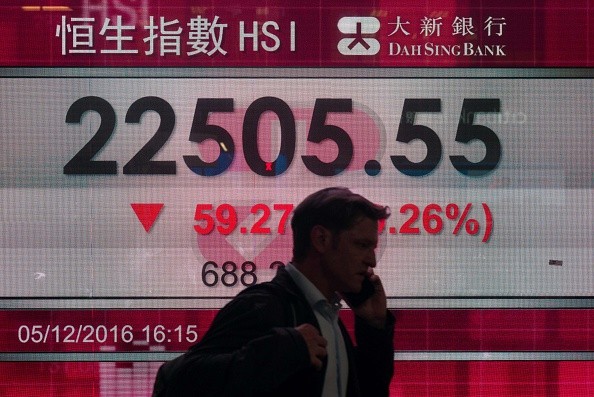Following a key economic meeting held this month, Chinese leaders called for a "prudent and neutral" monetary policy for 2017, with the aim to prevent financial risk and maintain the path towards the stable and robust growth of the country's economy, Reuters reported.
in response, a commentary in a newspaper owned by the People's Bank of China said that the country must keep its financial market liquid and stable to prevent financial stress, in addition to regulating its "money gates" to avoid asset bubbles.
However, policymakers are careful about the actions on tightening credit to manage debt and speculative investment which might lead to an upsurge in defaults that could further weaken the country's financial sector.
According to a commentary in the Financial News, the monetary policy must not only support growth and liquidity in the interbank market, it must also focus on stabilizing prices and preventing asset bubbles. This means that the government must have more specific policies, the commentary said.
"Maintain macroeconomic stabilization policies, strengthen fine-tuning (of policies), but do not implement big stimulus," the commentary said, but "explore more targeted ways to solve structural problems."
As the economy has remained strong, the People's Bank of China did not reduce interest rates for 14 months and tried to guide market rates higher to keep speculators.
Earlier this month, Chinese regulators urge banks to tighten the scrutiny of money going out of the country by requiring the approval of banks in transactions that involve more than $5 million. The move was made to restrict the flow of capital out of the country.
However, in recent weeks, tighter liquidity has stressed the money markets, caused bonds to fall and interbank rate to rise. Without the central bank making a significant liquidity injection, the markets will continue with its upheaval.
With the a neutral and more prudent policy, China hopes to lessen financial risk, manage the asset bubbles and get the economy back on its track.



























